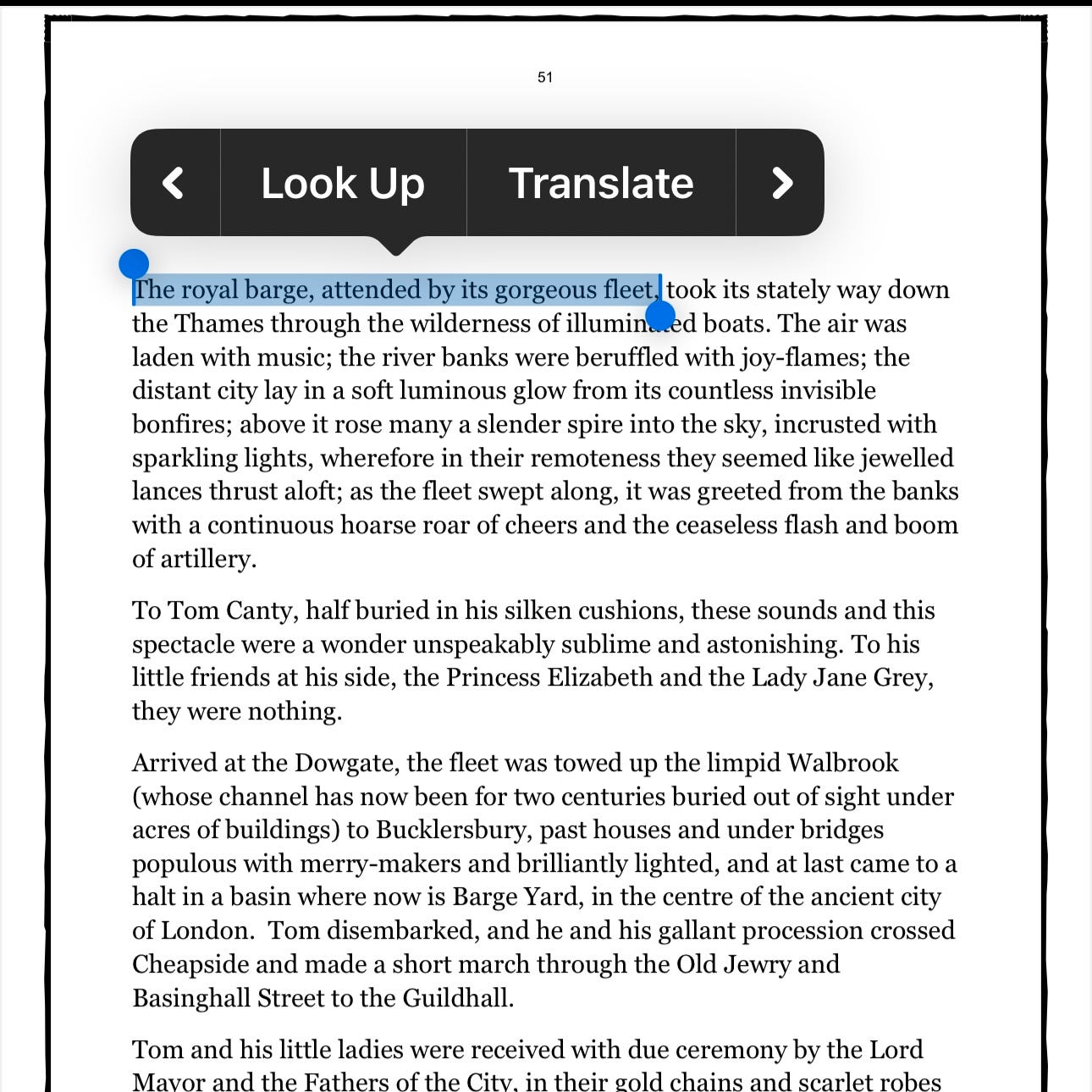A Simple Way To Improve Your English Vocabulary Daily
The Path To Faster Word Learning
Learning Vocabulary Doesn't Have to Be Boring!
Make vocabulary learning a natural part of your life and save time.
It’s time to explore how different tools can help you.
Fasten your seatbelt—we're starting!
Want help with your learning journey?
Join our supportive telegram group for daily advice and connect with fellow language learners! → Here’s a link to our Roar of English Telegram channel
1. Journaling To Learn New Words.
By writing your thoughts, emotions, ideas, and plans in English, you naturally learn to express yourself in the language. This will help you describe real experiences from your daily life, not just abstract concepts. Through regular journaling, you'll develop a stronger connection with the language and improve your ability to communicate authentically.
→ How To Get Started:
Get a pen and paper—choose a special notebook dedicated to your language learning journey
Find a comfortable spot at a table (bring a snack and your favourite drink to create a pleasant, distraction-free environment)
Write three pages about your life, focusing on expressing yourself naturally without worrying about perfection
→ Here are some thought-provoking prompts to get you started:
My plan for the week
It helps track your achievements and sets clear, actionable goals for language improvement.
What did I learn today?
Reflect on new words, phrases, and cultural insights
What new habits can I add tomorrow to improve my learning?
Consider both short-term and long-term strategies.
Write whatever comes to mind, allowing your thoughts to flow naturally onto the page.
Remember, your main goal is to learn the language through authentic self-expression.
2. Use A Translator To Learn In Context.
Learn words in context rather than memorizing them in isolation. Read a short story, highlight unfamiliar words, and then practice using those words in sentences based on the story's context. This approach helps create lasting associations and deepens your understanding of how words are used naturally.
→ How To Learn New Words Through Reading
Consider reading "The Prince and the Pauper" by Mark Twain. When you find unfamiliar words that block your understanding, use a translator to unlock their meaning. You don't need to know every word—just enough to grasp the main meaning and follow the story's progression. You should focus on translating only the essential words because they contribute to your understanding.
Don't force memorization or put pressure on yourself to remember everything immediately. Instead, translate words and let them stick naturally through repeated exposure and meaningful context. This approach reduces anxiety around learning and mirrors how you learned your native language as a child.
→ Here's an example of how it works with Apple Books:
Highlight any unfamiliar words and tap the translate to access their meanings—it's as easy as that!
This modern approach to reading combines the convenience of digital technology with effective learning methods.
It’s time to act!





